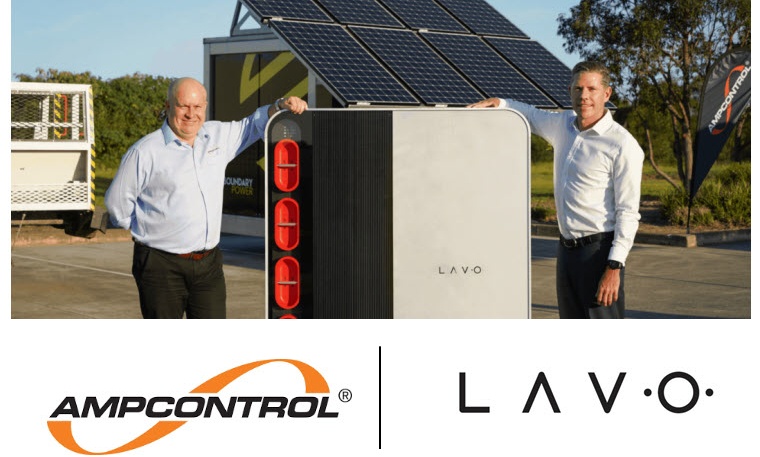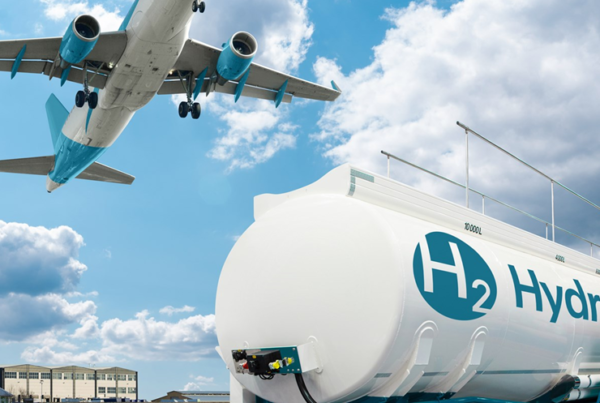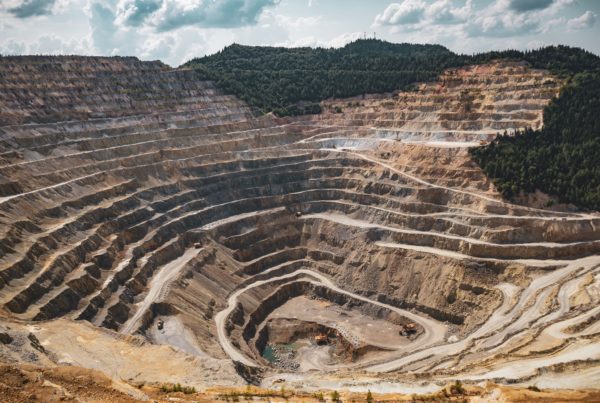
LAVO reports that Hunter’s hydrogen energy storage batteries have been ordered for $1 billion in advance orders.
MPs and ACM were briefed on LAVO’s first hydrogen energy storage system (HESS) prototypes on Friday.
Varley, which constructed the 40-kilowatt-hour prototypes in collaboration with Ampcontrol and LAVO, hosted the briefing at its Tomago headquarters.
In addition to its cost of $30,000, the system measures approximately 1.7 by 1.2 metres and 40 centimeters thick. It can power a normal home for around two and a half days without the sun by storing solar energy in patented metal hydride “vessels” developed by the University of New South Wales.
Solar energy is used to separate filtered water into hydrogen and oxygen, store the hydrogen in hydride tanks, and convert it into electricity via a fuel cell.
A lithium iron battery is also part of the “hybrid” technology.
The technology was developed with funding from the Advanced Manufacturing Growth Centre of the federal government and can be used in residential, commercial, and industrial settings.
“We are also creating a much larger utility-scale unit called EOS for a solar farm or wind farm,” said Jacques Markgraaf, chief operating officer of LAVO.
A solar or wind farm owner can use it to increase the asset’s return on investment.
In addition to deposits on domestic unit orders totaling $65 million, Mr. Markgraaff said that the company received orders from energy corporations that dwarfed these deposits.
“We have orders worth over a billion dollars in the power sector,” he stated. “This is obviously a top goal for us to implement on solar farms. We have contractual obligations to do so.”
The technical director of LAVO, Darren Jones, says Hunter enterprises, such as Varley, are “very well positioned” to build larger “project-based” units.
The company told the NSW Shadow Minister for Industry, Anoulack Chanthivong, the MP for Port Stephens, Kate Washington, and the MP for Newcastle, Tim Crakanthorp, that they hadn’t yet decided where a commercial component would be built.
Five mainland jurisdictions have installed prototypes of the “world’s first” technology as the company advances through a complicated approval process with state authorities.
“Our capabilities are constrained by the supply chain. We are restricted by regulatory authorizations. We’ve encountered an obstacle,” stated chairman Henry Sun.
The company expects to decrease costs before beginning commercial manufacturing of the smaller units.
Read the most up to date Fuel Cell and Hydrogen Industry news at FuelCellsWorks




